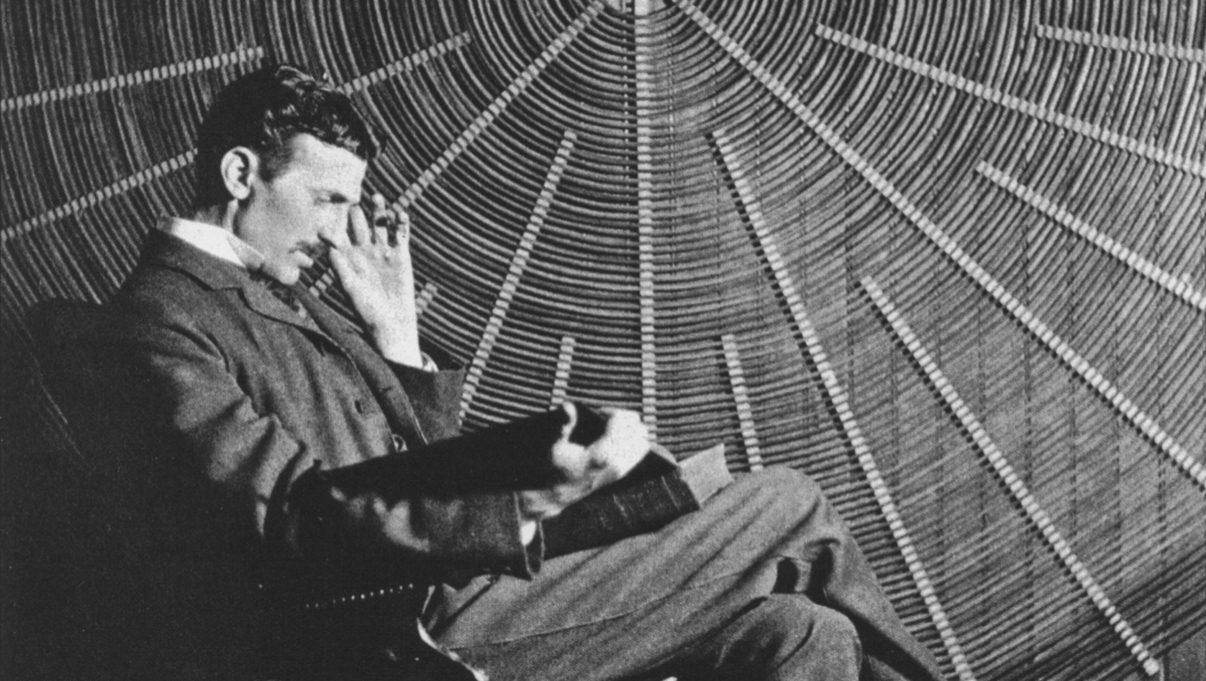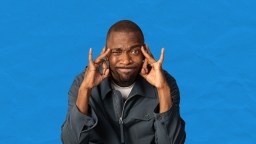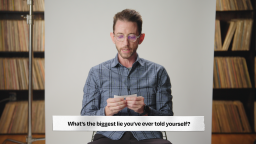Question: Has the role of comedy changed?
Lizz Winstead: I think that the people who have been doing political satire, or the people I've talked to, have really felt like it used to be them again. The media was the watch dog for those, you know, the government and corporate America and when the media sort of felt like it was in bed and they were lazy or in bed with their, you know, advertisers I think comics naturally started feeling the role of sort of being the watchdog of the watchdog, you know. Political satire and comedy-we just started asking the questions that journalists weren't asking anymore through humor, through sort of hopefully righteous anger but also just asking questions that our audience wanted to hear and so we were doing basically a service. We just kept do what we were doing but then it just transitioned into like, "Find out what's going on." Or if we're just going to be lied to from right, left and center, to provide a haven where at least people can come together and not feel crazy, feel like, hey I'm in a group of people who have understand that everyone is spinning us and somebody is onstage pointing that out through humor, at least I can breathe a sigh that I'm not insane when I hear the cacophony of lies.
Question: Is comedy a tool for social activism?
Lizz Winstead: I think comedy can be a tool for social activism. I think that when you point out hypocrisy, again because the media often doesn't, you know-the follow-up question should just be put in the Smithsonian as a relic of media because there are no follow ups anymore. People do not have enough historical knowledge to say, "Wait, you're lying." If you don't have enough, you know, knowledge on the environment to say, "Wait, scientists say there is global warming, it's real." So, a lot of information sort of floats out there like...like a thick muggy day and nobody weeds through it and cuts through the muck and says, "Here is the truth." And I think that pointing that out through humor can be a tool to have people say, "Wow. I should be asking questions and I'm laughing." And, I think that's what's fun is that you can ask questions your self on stage to humor and then that means the audience kind of scratches its head and says, "You're right!" and as you watch videos on the web on "The Daily Show," Colbert and Bill Maher, you will see them lay out a case and make it funny through video, through things that are out there. If somebody says one thing one day and something else the next day and, you know, we have this amazing medium with which we can put it out there.
Recorded on: May 27, 2009





